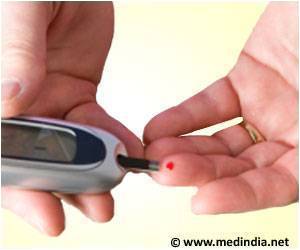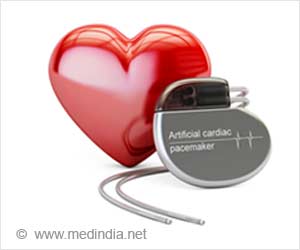A mobile app called Stroke RiskometerTM, which is available in many languages, enables users to assess their individual stroke-risk on a smartphone or tablet.

Findings from the study - "Reducing the International Burden of Stroke Using Mobile Technology" (RIBURST) - could significantly reduce the devastating impact of conditions such as stroke, diabetes, dementia and heart disease.
"This study has the potential to save countless lives and billions of dollars worldwide," Valery Feigin.
"By delivering population-specific predictive algorithms plus preventative strategies tailored to different cultural and ethnic groups, we hope to dramatically reduce the burden these diseases place on people, families and health systems around the world."
The Stroke RiskometerTM app, which enabled users to assess their individual stroke risk on a smartphone or tablet, was launched in October 2013.
It had recently been updated in multiple languages, and allowed users to participate in the study from the comfort of their homes.
Advertisement
"Non-communicable diseases account for 66 percent of deaths worldwide and cause serious disability for millions of people. Current primary prevention strategies are simply not effective enough," said Feigin.
Advertisement
"There’s a huge need for more accurate prediction, more effective prevention, and culturally and ethnically unique preventative strategies. This study gives us a chance to achieve that," said Feigin.
Source-Medindia










